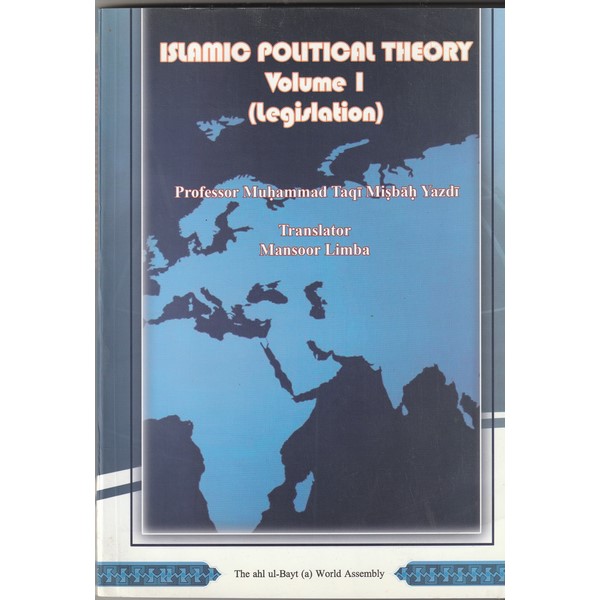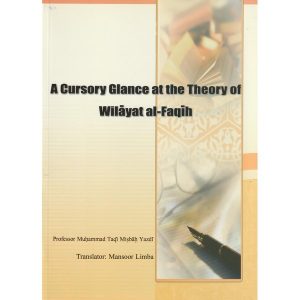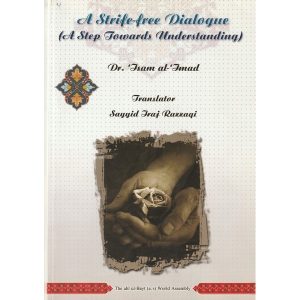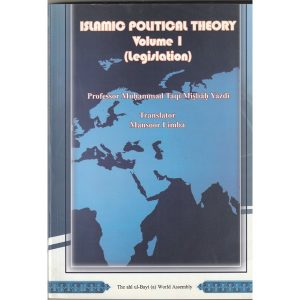Description
The first of two volumes of a comprehensive exposition of Islamic political theory by the renowned scholar Ayatullah Muhammad Taqi Misbah Yazdi, which deals with the importance of recognizing Islam as the basis of any just political theory, methods of implementing such a theory by the government, and comparing and contrasting this Islamic system with the system predominant in most Western and secular nations.
Under the legislation aspect of the Islamic political theory, the topics discussed include:
- The important questions in the realm of Islamic polity
- The importance and exigency of discussing the Islamic political theory
- The station of politics in religion
- Freedom in Islam
- Freedom and its limit and boundary
- The structure and form of government
- The status of laws in the religious system
- Law and the difference in outlook and origin
- The criterion of the law’s credibility
- The difference in outlooks of Islam and the West on values
- The fundamental difference in the outlooks of Islam and the West on law
- The West’s materialistic outlook on law
- The Islamic government, challenges, and cultural plots
- The difference between the divine and atheistic cultures in the realm of law and freedom
- The relationship between religious legislative lordship (rububiyyat-e tashri’i), and sovereignty and legislation
- The requisites of legislation and its station in Islam
- The distinctive features of Islam in the realm of politics and government
- A new portrait of the station of law and government
- Islam and democracy
- The essence of the unity in humanity and the citizenship of citizens
- HEAVILY SUBSIDIZED BY WWW.ISLAMICTHOUGHT.CO.UK







Reviews
There are no reviews yet.